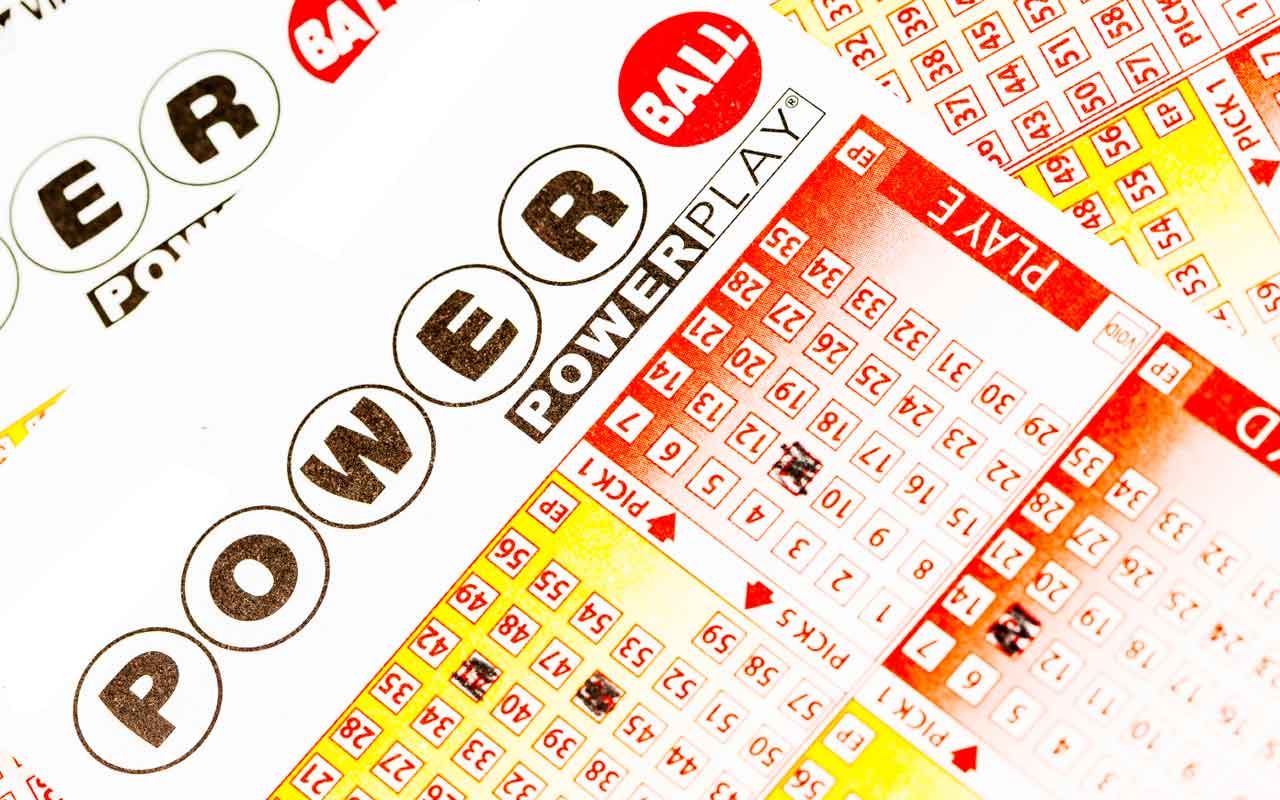What to Do If Your 401(k)’s Fund Choices Stink
Let your benefits manager know that you want better options.

Profit and prosper with the best of Kiplinger's advice on investing, taxes, retirement, personal finance and much more. Delivered daily. Enter your email in the box and click Sign Me Up.
You are now subscribed
Your newsletter sign-up was successful
Want to add more newsletters?

Delivered daily
Kiplinger Today
Profit and prosper with the best of Kiplinger's advice on investing, taxes, retirement, personal finance and much more delivered daily. Smart money moves start here.

Sent five days a week
Kiplinger A Step Ahead
Get practical help to make better financial decisions in your everyday life, from spending to savings on top deals.

Delivered daily
Kiplinger Closing Bell
Get today's biggest financial and investing headlines delivered to your inbox every day the U.S. stock market is open.

Sent twice a week
Kiplinger Adviser Intel
Financial pros across the country share best practices and fresh tactics to preserve and grow your wealth.

Delivered weekly
Kiplinger Tax Tips
Trim your federal and state tax bills with practical tax-planning and tax-cutting strategies.

Sent twice a week
Kiplinger Retirement Tips
Your twice-a-week guide to planning and enjoying a financially secure and richly rewarding retirement

Sent bimonthly.
Kiplinger Adviser Angle
Insights for advisers, wealth managers and other financial professionals.

Sent twice a week
Kiplinger Investing Weekly
Your twice-a-week roundup of promising stocks, funds, companies and industries you should consider, ones you should avoid, and why.

Sent weekly for six weeks
Kiplinger Invest for Retirement
Your step-by-step six-part series on how to invest for retirement, from devising a successful strategy to exactly which investments to choose.
Your 401(k) plan is filled with clunkers? Don't stand idly by. For starters, express your concerns to your employer's benefits manager. Use the information in this article -- pointing out funds that charge lower fees and have posted better returns than the portfolios offered in your plan -- to persuade your employer to offer better 401(k) options.
At the very least, make sure you have access to a variety of asset classes and push for more if you don't. According to the Plan Sponsor Council of America, 401(k) plans on average offer 19 funds, including U.S. stock funds, foreign stock funds and U.S. bond funds. Most plans also offer target-date or balanced funds. But you can lobby to get your employer to add, say, a technology or real-estate sector fund or an emerging-markets stock fund.
If the quality of your 401(k) choices varies, load up on the good funds in your plan and look elsewhere to balance your retirement savings. Say your plan has a terrific large-company fund, such as Fidelity Contrafund, but its bond-fund choices are wanting. Invest in Contrafund inside your 401(k) and buy a first-rate bond fund or two inside a tax-advantaged retirement account, such as a traditional IRA or a Roth IRA.
From just $107.88 $24.99 for Kiplinger Personal Finance
Become a smarter, better informed investor. Subscribe from just $107.88 $24.99, plus get up to 4 Special Issues

Sign up for Kiplinger’s Free Newsletters
Profit and prosper with the best of expert advice on investing, taxes, retirement, personal finance and more - straight to your e-mail.
Profit and prosper with the best of expert advice - straight to your e-mail.
Profit and prosper with the best of Kiplinger's advice on investing, taxes, retirement, personal finance and much more. Delivered daily. Enter your email in the box and click Sign Me Up.

Nellie joined Kiplinger in August 2011 after a seven-year stint in Hong Kong. There, she worked for the Wall Street Journal Asia, where as lifestyle editor, she launched and edited Scene Asia, an online guide to food, wine, entertainment and the arts in Asia. Prior to that, she was an editor at Weekend Journal, the Friday lifestyle section of the Wall Street Journal Asia. Kiplinger isn't Nellie's first foray into personal finance: She has also worked at SmartMoney (rising from fact-checker to senior writer), and she was a senior editor at Money.
-
 How Much It Costs to Host a Super Bowl Party in 2026
How Much It Costs to Host a Super Bowl Party in 2026Hosting a Super Bowl party in 2026 could cost you. Here's a breakdown of food, drink and entertainment costs — plus ways to save.
-
 3 Reasons to Use a 5-Year CD As You Approach Retirement
3 Reasons to Use a 5-Year CD As You Approach RetirementA five-year CD can help you reach other milestones as you approach retirement.
-
 Your Adult Kids Are Doing Fine. Is It Time To Spend Some of Their Inheritance?
Your Adult Kids Are Doing Fine. Is It Time To Spend Some of Their Inheritance?If your kids are successful, do they need an inheritance? Ask yourself these four questions before passing down another dollar.
-
 Disrupter Deal: Trade Stocks Commission-Free
Disrupter Deal: Trade Stocks Commission-Freeinvesting There's no minimum to invest. Just sign up, link your bank account and enjoy the savings.
-
 Retailer Data Breaches in 2018: Was Your Favorite Store Hacked?
Retailer Data Breaches in 2018: Was Your Favorite Store Hacked?Scams Find out which retail chains have been hit and where you can go for help to protect yourself from identity theft, scams and financial fraud.
-
 What You Must Know About the Fiduciary Rule
What You Must Know About the Fiduciary RuleFinancial Planning Be sure your financial pro is looking out for your best interest.
-
 How to Vet a Financial Adviser
How to Vet a Financial AdviserFinancial Planning Be sure to interview a few options and check into their backgrounds before hiring someone.
-
 4 Steps to Avoiding Investment Scams
4 Steps to Avoiding Investment ScamsMarkets Be sure to invest safely.
-
 4 Ways to Thwart Elder Abuse
4 Ways to Thwart Elder AbuseCaregiving Being prime targets for scams, seniors need to be vigilant about protecting themselves.
-
 4 Tips to Build a Better 401(k)
4 Tips to Build a Better 401(k)investing Keys to getting the most out of your plan.
-
 5 Better Investments Than Powerball
5 Better Investments Than Powerballsavings Your odds of getting a good return on your money are much higher than winning the lottery.